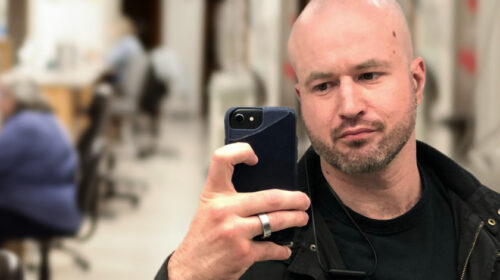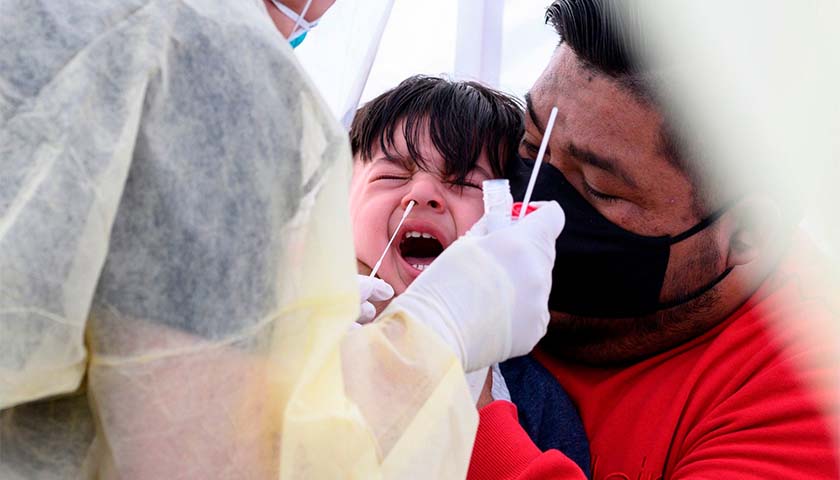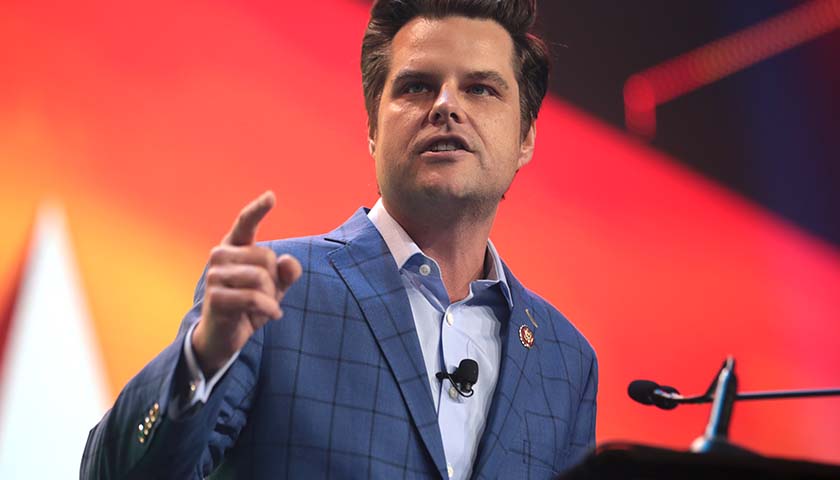A 7th year medical student from Texas is calling upon those who consider themselves to be part of the “scientific community” to “admit we were wrong about COVID,” and acknowledge the policies encouraged regarding the vaccines, masks, school closures, etc., all “cost lives.”
In an op-ed published Monday at Newsweek, Kevin Bass, M.S., an M.D./Ph.D. student, admitted he “staunchly supported the efforts of the public health authorities when it came to COVID-19.”
“I was with them when they called for lockdowns, vaccines, and boosters,” Bass wrote, but then added, “I was wrong. We in the scientific community were wrong. And it cost lives.”
Bass detailed how the vast establishment “scientific community” presented a “flawed” approach to health policy that actually misled the public it was called to serve, resulting “in thousands if not millions of preventable deaths”:
I can see now that the scientific community from the CDC to the WHO to the FDA and their representatives, repeatedly overstated the evidence and misled the public about its own views and policies, including on natural vs. artificial immunity, school closures and disease transmission, aerosol spread, mask mandates, and vaccine effectiveness and safety, especially among the young. All of these were scientific mistakes at the time, not in hindsight. Amazingly, some of these obfuscations continue to the present day.
“We created policy based on our preferences, then justified it using data,” Bass observed. “And then we portrayed those opposing our efforts as misguided, ignorant, selfish, and evil.”
I was wrong about lockdowns and mandates. I was wrong and the reason I was wrong was my tribalism, my emotions, and my distorted understanding of human nature and of the virus. It doesn't matter much, but I wanted to apologize for being wrong.
— Kevin Bass PhD MS (@kevinnbass) December 13, 2022
Bass continued that public resistance to the COVID policies, set by global and federal health agencies, and their allies in establishment medical, education, and other policy areas, is a direct result of turning science into a “team sport,” a move that rendered it “no longer science.”

“We excluded important parts of the population from policy development and castigated critics, which meant that we deployed a monolithic response across an exceptionally diverse nation, forged a society more fractured than ever, and exacerbated longstanding heath and economic disparities,” he described the autocratic policy response that has gone to the extremes of denying the negative impact “of the interventions we imposed – imposed without the input, consent, and recognition of those forced to live with them.”
Next, Bass addressed the purposeful suppression and censure of opposing views.
“Most of us did not speak up in support of alternative views, and many of us tried to suppress them,” he wrote.
“When former President Trump pointed out the downsides of intervention, he was dismissed publicly as a buffoon,” Bass observed. “And when Dr. Antony Fauci opposed Trump and became the hero of the public health community, we gave him our support to do and say what he wanted, even when he was wrong.”
Noting that those who have been making pandemic policy value their “elite” status, one that “prizes paternalism,” Bass said they have drawn the rage of “average Americans who laud self-reliance and whose daily lives routinely demand that they reckon with risk.”
“That many of our leaders neglected to consider the lived experience of those across the class divide is unconscionable,” he wrote, again detailing the arrogance of many in the so-called “scientific community”:
[W]e severely judged lockdown critics as lazy, backwards, even evil. We dismissed as “grifters” those who represented their interests. We believed “misinformation” energized the ignorant, and we refused to accept that such people simply had a different, valid point of view.
We crafted policy for the people without consulting them. If our public health officials had led with less hubris, the course of the pandemic in the United States might have had a very different outcome, with far fewer lost lives.
“It’s OK to be wrong and admit where one was wrong and what one learned,” Bass concluded. “That’s a central part of the way science works. Yet I fear that many are too entrenched in groupthink — and too afraid to publicly take responsibility — to do this.”
– – –
Susan Berry, PhD is national education editor at The Star News Network. Email tips to [email protected].
Photo “COVID Tests for Children” by Tomasz Działa CC4.0




